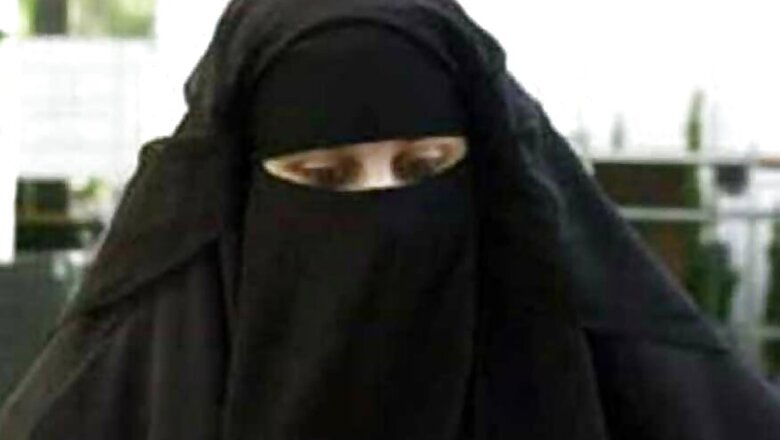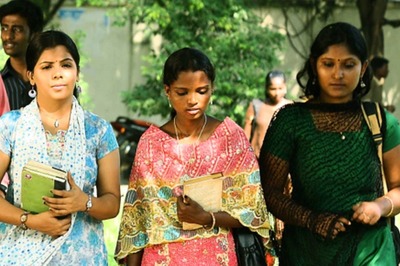
views
Defending the Muslim practice of triple talaq - divorcing ones wife by pronouncing talaq thrice in one sitting - the All India Muslim Personal Law Board (AIMPLB) on Friday told the Supreme Court that it can’t interfere with personal laws in the name of social reforms.
The NGO AIMPLB, which works to protect Muslim personal laws, was responding to a petition which sought to examine the question of Muslim women against arbitrary divorce and second marriage by Muslim men during currency of an existing marriage.
Clearing its position on the contentious issues of triple talaq and polygamy in Muslim marriages, AIMPLB said in an affidavit to the apex court, "Personal laws of a community cannot be re-written in the name of social reform. Muslim Personal Law provides for the practices to be followed on the issues of marriage, divorce and maintenance and these practices are based on holy scriptures Al–Quran and sources based on Al-Quran."
This petition in the Supreme court seeks to explore and examine the question whether Muslim Personal laws adversely affect the dignity and rights of Muslim women. India has a 180 million-odd Muslim population that is governed by the Muslim personal laws.
But of late there have been Muslim women who have been campaigning against, what they call, archaic and patriarchal rules that leave this minority within the minority oppressed.
Muslim women have even approached the SC demanding a total ban on the "un-Quaranic practice" of the unilateral triple talaq.
But this is not for the first time that the issue of triple talaq has reached the top court. In the past, when the matter was challenged the Supreme court adopted a hands-off approach on the issue saying it is a policy matter and that only the legislature is the competent authority to deal with it. The AIMPLB too is banking on the apex court’s earlier verdicts, and says that courts cannot supplant its own interpretations over the text of scriptures.
AIMPLB believes that though judiciary is one of the important organs of the State, it shall not lay down religion for any religious denomination or section thereof and that whenever the Court is confronted with any religious issues, it will look to the religious books of a particular denomination held sacred by it. In other words, there is no scope for the court to import its own views while dealing with religious questions or scriptures or beliefs of any religious denomination.




















Comments
0 comment